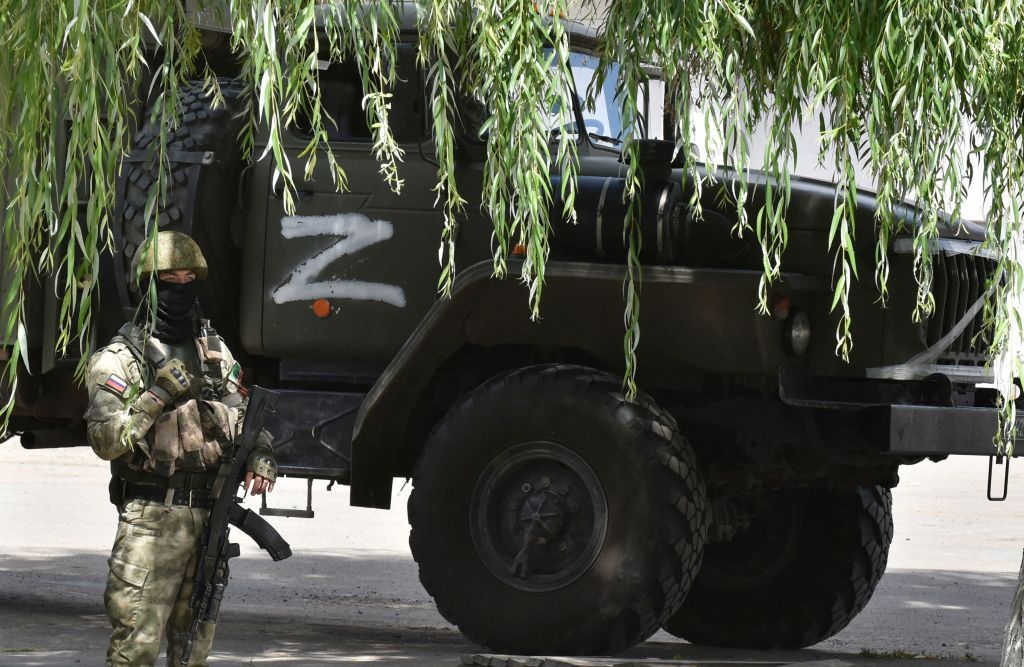
Key developments on June 18:
- Russian Defense Ministry denies claims from the ground of Ukraine liberating village in Zaporizhzhia Oblast
- Russian governors claim Ukraine attack 2 regions
- NATO Secretary General says peace in Ukraine cannot mean freezing Russia's war
Russia's Defense Ministry dismissed claims that Ukrainian forces liberated the Piatykhatky village, Zaporizhzhia Oblast.
Kremlin-installed proxy in occupied parts of Zaporizhzhia Oblast Vladimir Rogov and several high-profile Russian pro-war Telegram channels wrote on June 18 that Russian forces have pulled out of the village.
Rogov said that Ukrainian forces have "effectively captured" the village.
Ukraine hasn't commented on the claim.
Piatykhatky is located 22 kilometers west of the front-line town of Orikhiv and sits just south of the Lobkove settlement, which Ukrainian forces liberated last week.
The Institute for the Study of War, a D.C.-based think-tank, reported on June 17 that Ukrainian forces are conducting counteroffensive operations southwest of Orikhiv.
 The Kyiv IndependentIgor Kossov
The Kyiv IndependentIgor Kossov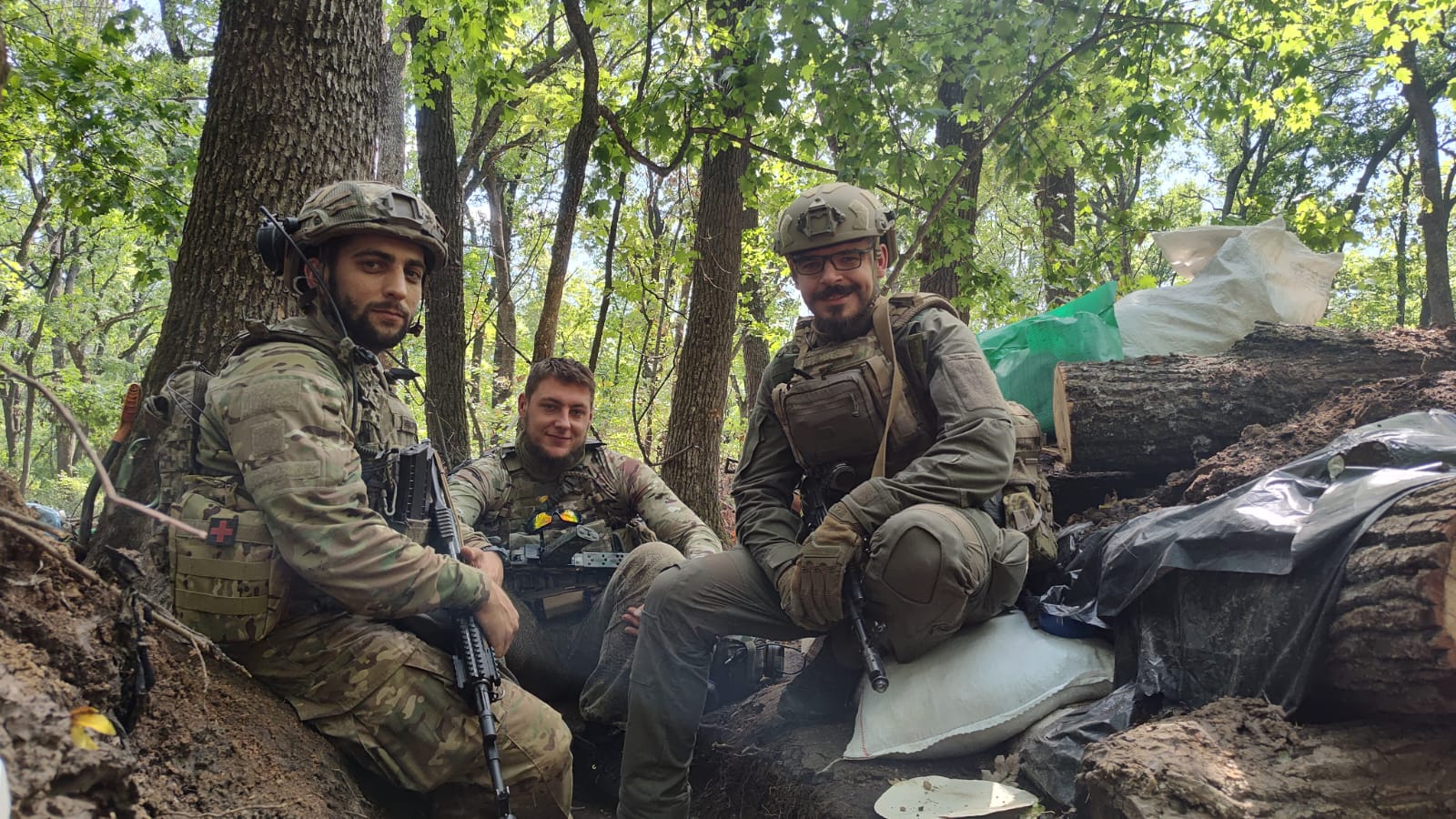
Front line update
The General Staff of Ukraine's Armed Forces reported in its evening update on June 18 clashes in the Lyman, Bakhmut, Avdiivka, and Marinka directions, where Russia continues to concentrate a localized offensive effort.
In the southeast Tavria military sector, Russian forces put up fierce resistance.
Russian losses in the south are likely the highest since the peak days of the Battle for Bakhmut in March, the U.K. Defense Ministry reported on June 18.
The ministry also reported that Ukrainian and Russian forces experience "high casualties" in the south, where Russian forces "often conduct relatively effective defensive operations" as Ukraine's summer counteroffensive is underway.
In addition, Russian forces appear to be redeploying troops and hardware from southern Kherson Oblast to the southeastern Zaporizhzhia Oblast where a Ukrainian counteroffensive is ongoing in several directions, Ivan Fedorov, an exiled mayor of Melitopol, said on June 18.
The Kyiv Independent could not verify Fedorov's claims regarding Russian redeployment of means and manpower.
 The Kyiv IndependentAnastasiia Lapatina
The Kyiv IndependentAnastasiia Lapatina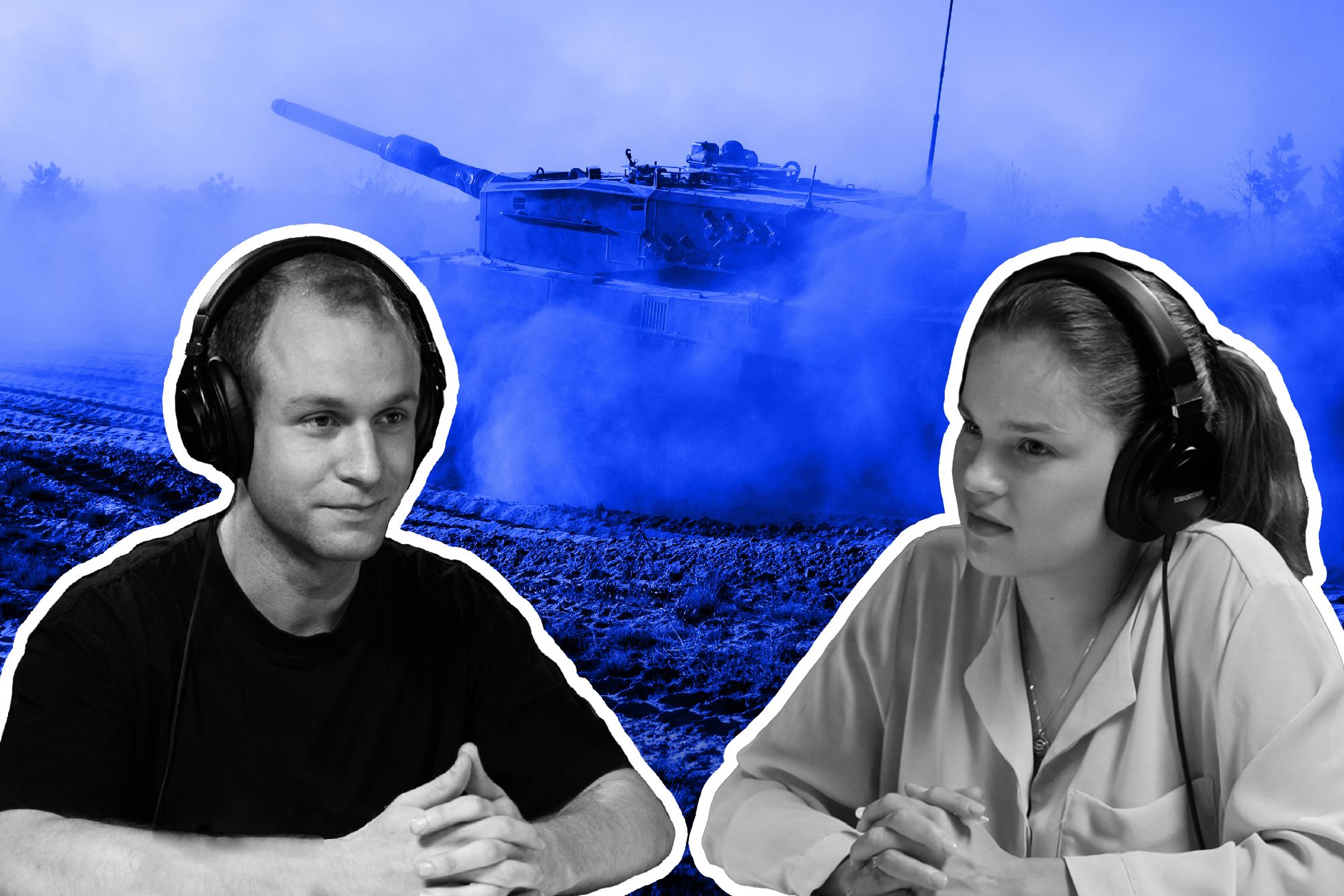
Russian governors claim Ukrainian attacks Belgorod, Kursk regions
Governor of Russia's Belgorod Oblast Vyacheslav Gladkov claimed in a Telegram post on June 18 that Ukrainian forces shelled the border region.
Gladkov also claimed an unidentified drone dropped three explosives in the region.
No casualties were reported.
Belgorod Oblast, which borders Ukraine, experienced extensive fighting as a Russian anti-Kremlin militia that claimed to fight alongside Ukraine had conducted a successful incursion in the oblast's territory.
Governor of Russia's Kursk Oblast Roman Starovoyt claimed on June 18 that Ukrainian forces shelled the village of Glushkovo, injuring two civilians.
Starovoyt also said that the Russian forces fired toward Ukrainian positions.
Glushkovo is located just on the border with Ukraine's Sumy Oblast, which has been subjected to constant Russian shelling.
Sumy Oblast Governor Volodymyr Atruikh reported on June 18 that Russian forces shelled the bordering communities, including those which border Russia's Glushkovo, with artillery.
The Kyiv Independent is unable to verify Russian claims.
Multiple isolated drone attacks have occurred within Russian territory since the start of the all-out war on Feb. 24, 2022.
These attacks appear to primarily focus on disrupting the infrastructure that supports the logistics of the Russian military. Ukraine has not claimed responsibility for most of these attacks.
 The Kyiv IndependentAnastasiia Lapatina
The Kyiv IndependentAnastasiia Lapatina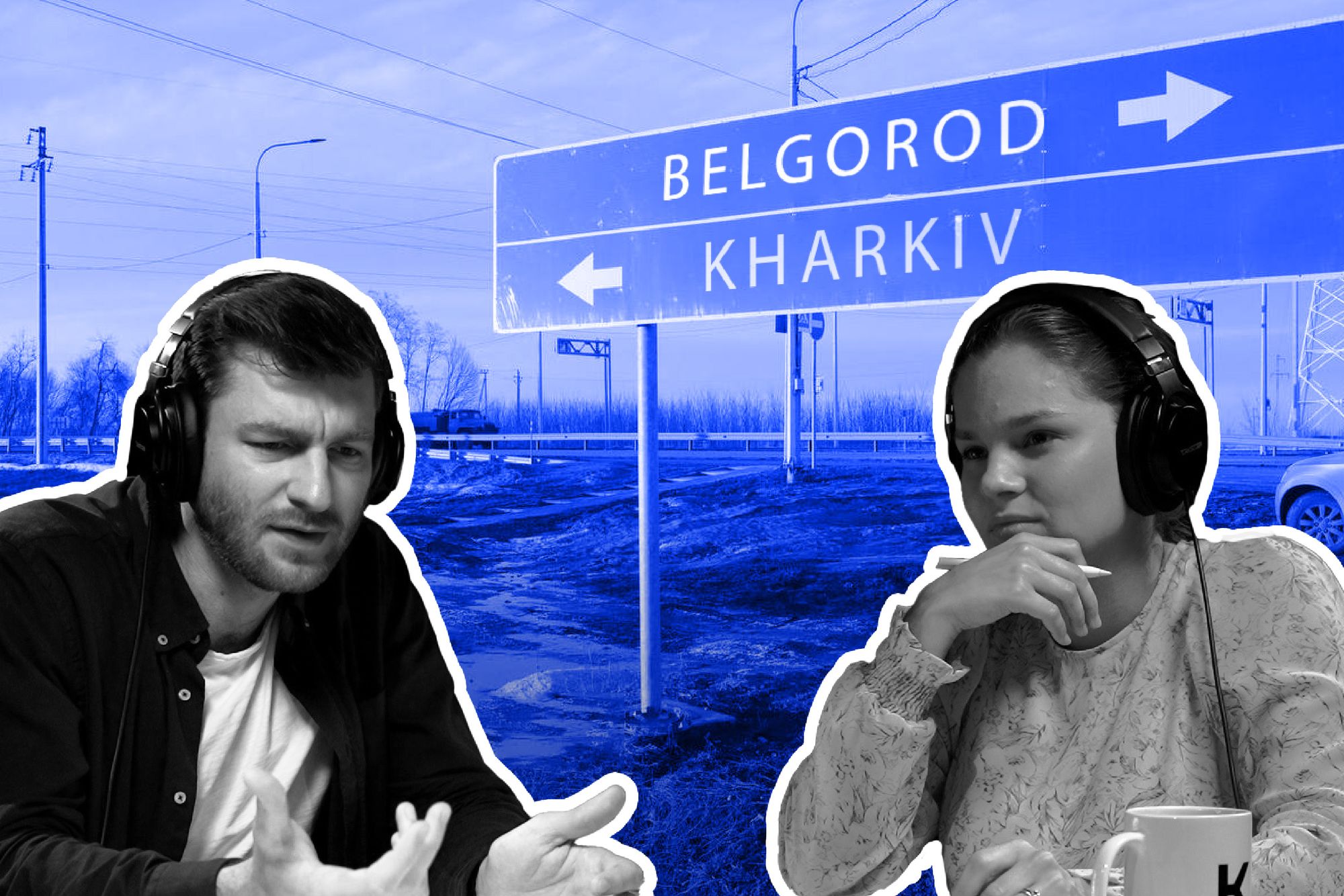
NATO chief says peace cannot mean freezing Russia's war
NATO Secretary General Jens Stoltenberg warned against premature peace talks between Ukraine and Russia following South African President Cyril Ramaphosa's June 16 call in Kyiv on the need for a quick diplomatic solution to Russia's war.
"We all want this war to end. But for peace to be sustainable, it must be just. Peace cannot mean freezing the conflict and accepting a deal dictated by Russia," Stoltenberg told the German newspaper Welt am Sonntag on June 18, adding that "only Ukraine alone can define the acceptable conditions" for peace.
"We need to make sure that when this war ends, there are credible agreements for Ukraine's security so that Russia cannot rearm and attack again, and the cycle of Russian aggression is broken," Stoltenberg said.
In November, President Volodymyr Zelensky presented Ukraine's 10-point peace plan, consisting of the Russian forces withdrawal, the establishment of a tribunal to investigate Russian war crimes, the release of all prisoners of war (POW) and deported Ukrainians, preventing the crimes against the environment, known as ecocide.
Ramaphosa in Kyiv unveiled another 10-point peace plan from the African Peace Mission on June 16. It advocates for a diplomatic resolution, de-escalation, respect of sovereignty, security guarantees, grain and fertilizer exports, humanitarian aid, POW exchange, reconstruction, and enhanced cooperation with African countries.
Zelensky later said peace talks between Ukraine and Russia are possible only after a full withdrawal of Russian troops.
Mykhailo Podolyak, an advisor to the President's Office, said on June 17, after African leaders left Kyiv to meet Russian President Vladimir Putin in Russia's Saint Petersburg, that the delegation in Ukraine's capital was mostly interested in suspending Putin's arrest warrant that the International Criminal Court (ICC) issued on March 17 for the forced deportations of Ukrainian children to Russia.
 The Kyiv IndependentAlexander Khrebet
The Kyiv IndependentAlexander Khrebet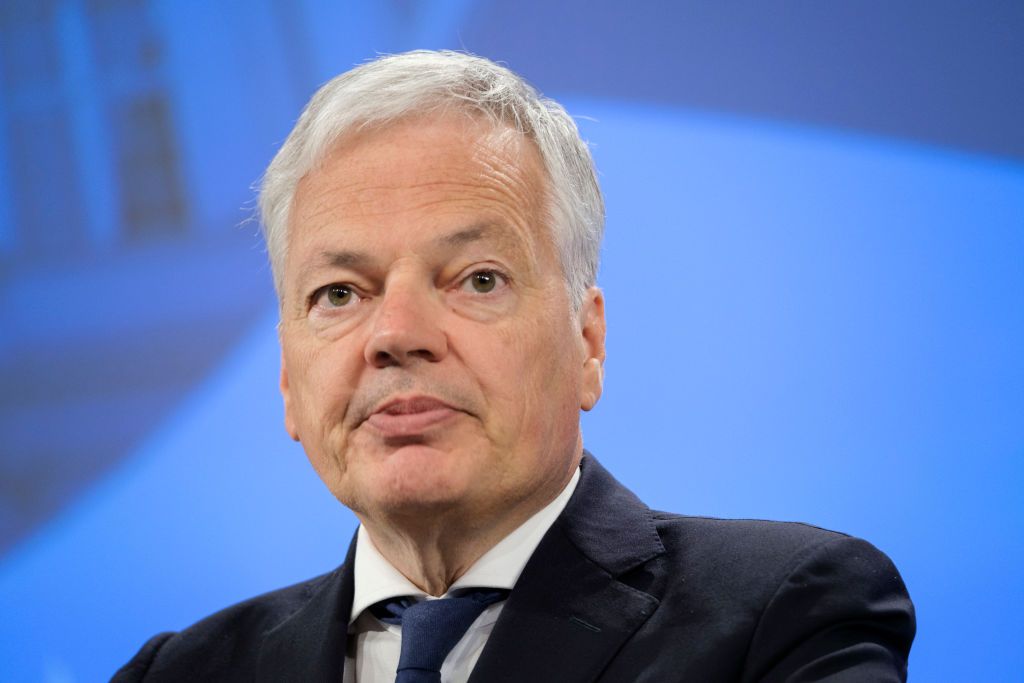
Comments
No comments yet. Be the first to react!